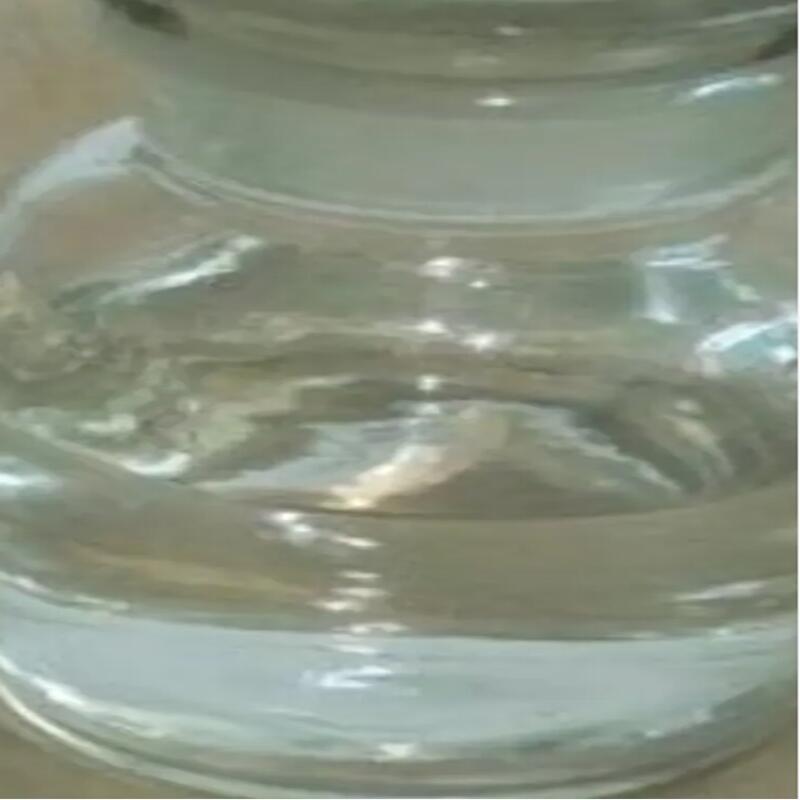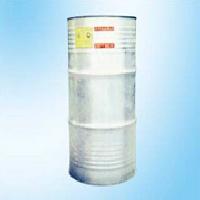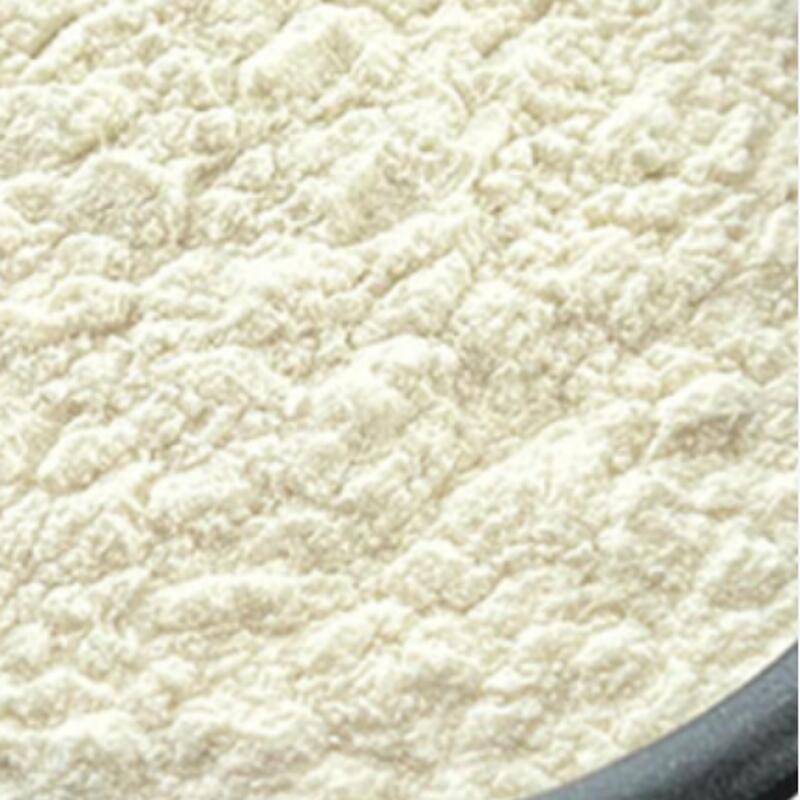-
Categories
-
Pharmaceutical Intermediates
-
Active Pharmaceutical Ingredients
-
Food Additives
- Industrial Coatings
- Agrochemicals
- Dyes and Pigments
- Surfactant
- Flavors and Fragrances
- Chemical Reagents
- Catalyst and Auxiliary
- Natural Products
- Inorganic Chemistry
-
Organic Chemistry
-
Biochemical Engineering
- Analytical Chemistry
-
Cosmetic Ingredient
- Water Treatment Chemical
-
Pharmaceutical Intermediates
Promotion
ECHEMI Mall
Wholesale
Weekly Price
Exhibition
News
-
Trade Service
Propylene carbonate is a widely used solvent and intermediate chemical in the chemical industry.
It is used in the production of a variety of products, including plastics, adhesives, inks, and textiles.
The production process of propylene carbonate involves several steps, including the reaction of propylene oxide with carbonate salt, the purification of the resulting mixture, and the distillation of the final product.
The first step in the production of propylene carbonate is the reaction of propylene oxide with carbonate salt.
Propylene oxide is a colorless liquid with a characteristic odor, and it is used as a building block in the production of a variety of chemicals.
Carbonate salt is a compound that contains the carbonate ion, which is a negatively charged ion composed of a carbon atom and three oxygen atoms.
The reaction of propylene oxide with carbonate salt takes place in the presence of a catalyst, such as sulfuric acid or phosphoric acid.
The catalyst helps to speed up the reaction, which produces propylene carbonate and water as products.
The reaction is exothermic, meaning that it releases heat, and it is typically carried out at a temperature of around 80-100°C.
After the reaction is complete, the mixture is allowed to cool, and the water is separated from the propylene carbonate.
This is typically done by filtering the mixture through a bed of anhydrous sodium sulfate, which absorbs the water and leaves the propylene carbonate as a clear, colorless liquid.
The next step in the production process is the purification of the propylene carbonate.
This is typically done by distillation, which involves heating the propylene carbonate to a high temperature and collecting the resulting vapor.
The vapor is condensed, and the resulting liquid is distilled again to further purify it.
The purified propylene carbonate is then packaged and shipped to customers for use in the production of a variety of chemical products.
In addition to its use as a solvent and intermediate chemical, propylene carbonate is also used as a fuel in the production of electricity.
It is burned in combustion turbines to generate electricity, and it is also used as a fuel in industrial boilers.
Propylene carbonate is a cleaner-burning fuel than many other hydrocarbons, and it is expected to play an increasingly important role in the production of electricity in the future.
In conclusion, the production process of propylene carbonate involves the reaction of propylene oxide with carbonate salt, the purification of the resulting mixture, and the distillation of the final product.
This versatile chemical is widely used in the production of a variety of chemicals and is also used as a fuel in the production of electricity.
As the demand for propylene carbonate continues to grow, the production process is likely to become more efficient and more environmentally friendly in the years to come.







